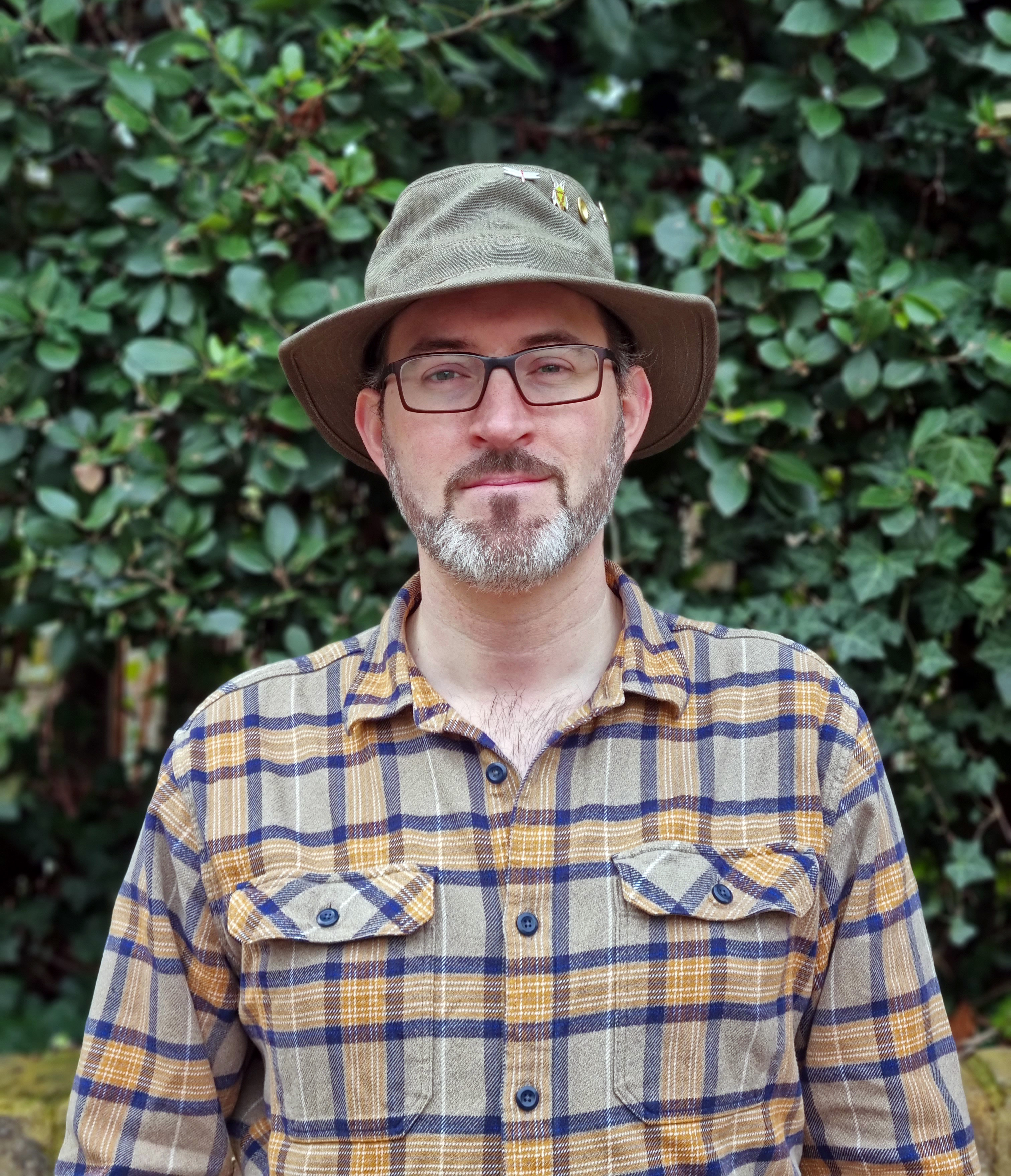
I had just turned thirty when a nagging doubt started to surface about the path I was following. I had been working full-time in medical editing and pharmaceutical statistics for ten years, having graduated in Natural Sciences from the University of Cambridge back in 2003. I was grateful to have found a niche in which I could be employed, but it was always just a job and never a passion for me. What I knew for sure was that this was not how I wanted to spend the next decade of my life. Something had to change.
The plan I hatched was to see if I could find work in the environmental sector – an area more strongly aligned with my interests – and to do this I felt that studying for a Master’s in Forestry would be a sensible course of action. I was delighted to come across the distance learning option offered by Bangor University and even happier to be accepted onto the course.
To ensure that I had sufficient time to dedicate to my studies, I approached my employer about changing from a full-time contract to a part-time one, and they kindly accommodated my request.
Once I began the Master’s, I found my latent interest in nature and the environment being stoked and new avenues for intellectual exploration opening up. A crucial part of this was that the teaching and support on offer was far more personal and nurturing than I had experienced during my undergraduate days.
There was one part of the course that proved to have a particularly strong pull on me, and that was the link between environmental philosophy and on-the-ground actions, in terms of both the everyday behaviours of humans and broader land-management practices. I found that my assigned reading not only expanded my knowledge but also reshaped my worldview. And I began to see my surroundings through what can be described as an ecocentric lens, in which intrinsic value and moral standing are found in all our fellow Earthlings – elevating non-human life far beyond mere objects for exploitation.
Around the time that I was writing up my dissertation to finish my studies at Bangor University, I began a series of conversations with some colleagues outside of the university about the possibility of founding a new journal to explore ecocentric thought. We wanted the publication to be free of fees for both readers and contributors, and for it to be volunteer-run. Just over a year later, in July 2017, the resulting journal that I co-founded, The Ecological Citizen, published its first issue.
This leap into volunteer work and independent academic activity was to set the tone for the years that have followed my graduation from Bangor University. Going part-time in the area of work in which I had settled proved to be the change that I needed, and I continue working as a medical editor to this day.
Having more free time has allowed to explore and expand on various elements of the Forestry degree. In addition to work on The Ecological Citizen, I have authored or co-authored a number of academic and popular articles on environmentalism, and I have written or co-edited several books. Most recently, an anthology of new writing that I steered with Eileen Crist – under the title of Cohabiting Earth: Seeking a Bright Future for All Life – was published by SUNY Press.
Another inspiration from my time at Bangor University was the importance of spending time outdoors. Happily, another way in which I now make use of my spare time is as a Volunteer Ranger for a national park in the UK.
I will be forever grateful to all the people who made my time at Bangor University so enjoyable and so beneficial for my post-university life.
Cohabiting Earth (SUNY Press, 2024): https://sunypress.edu/Books/C/Cohabiting-Earth
Joe Gray’s website: https://deepgreen.earth/home.php
The Ecological Citizen: https://www.ecologicalcitizen.net/
Writing for the Global Rewilding Alliance: https://globalrewilding.earth/tag/rewilding-reflections/
